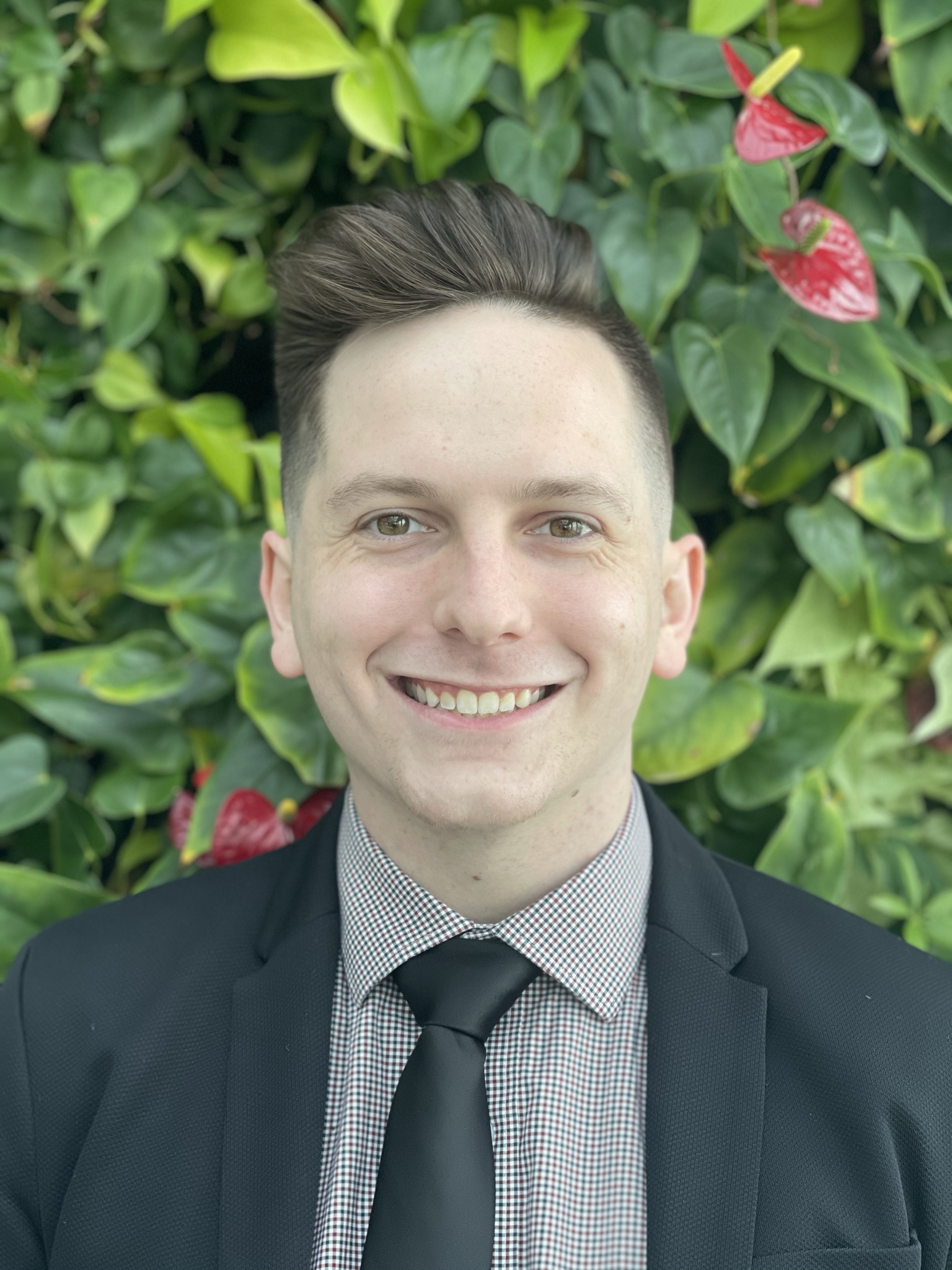Posted on January 4, 2022 by Amanda Cerreto
January 5, 2022 - When Joseph Lindsey '18 embarked on a new job with the Centers for Disease Control and Prevention (CDC) in New York City, he was ready to put his degrees to work on important, possibly groundbreaking medical research.
 And then, he saw his assignment: the Bureau of Tuberculosis Control at the New York City Department of Health and Mental Hygiene (NYC DOHMH).
And then, he saw his assignment: the Bureau of Tuberculosis Control at the New York City Department of Health and Mental Hygiene (NYC DOHMH).
"I got my assignment and I thought, what do they mean, TB? In the United States?" he recalled. "But I started looking at the TB rates in New York City and they are wild. It's very endemic."
His initial dismay turned quickly into stress as he dove into a niche part of the disease - multidrug and extremely drug-resistant tuberculosis (MDR/XDR-TB). This crash-course in tuberculosis, drug susceptibility testing, and genomic sequencing- done remotely due to the COVID-19 Pandemic - taught Lindsey all of the ins and outs of the disease and how to interpret bacteriological testing.
Lindsey's day-to-day work includes epidemiological surveillance, specifically pertaining to multidrug-resistant tuberculosis, creating policy and procedures for area clinics that treat TB, and working in one of the Bureau's Chest Clinics preforming HIV testing and assisting with telehealth enrollment.
“It was very difficult at first,” Lindsey said. “But I felt very supported by my supervisors and mentors, and now that I'm in the thick of it, I am very happy and have learned a tremendous amount.”
Lindsey never imagined he'd be living in New York and working for the CDC when he entered UTSA with plans to be a doctor. He enrolled in the Public Health program, assuming it was pre-med adjacent, but soon realized the scope of public health and all it had to offer.
“The reason I wanted to go into medicine was to help people,” Lindsey said. “Medicine is very much focused on helping that one person in front of you. Public health addresses everything on a systemic level and, I really liked that idea.”
Once he completed his BS in Public Health from UTSA, Lindsey earned his MPH focused in Community-Oriented Primary Care from George Washington University. After graduating, he discovered the CDC Public Health Associate Program (PHAP), a two-year paid training program to gain hands-on experience that serves as the foundation for a public health career.
Public Health's upstream approach to preventing disease stays in Lindsey's mind daily as he touches on all aspects of tuberculosis prevention at the CDC and NYC DOHMH. Although he plans on pursuing physician assistant studies in the future, he cautions anyone entering public health with medicine in mind.
“Public health is more than a stepping stone to medicine - it's a field within itself,” Lindsey said. “If you do want to go into medicine, though, translate your knowledge in terms of the different levels of prevention, rather than staying focused on treatment, to how you as a provider can become a public health-based practitioner.”
Lindsey's message is particularly timely for the newly-formed College for Health, Community and Policy at UTSA. Although he graduated before its formation, his message of practicing medicine for the betterment of the community is one of the College's core missions.
“Something I did a lot in my program is community-based participatory research (CPBR) and that is really what opened my eyes to just how important it is to involve the community in every single decision-making process,” Lindsey said. “They need to be the number one stakeholder in any decision that’s made for their health, and I think experiencing this firsthand will really shape the way I practice medicine as a PA.”

